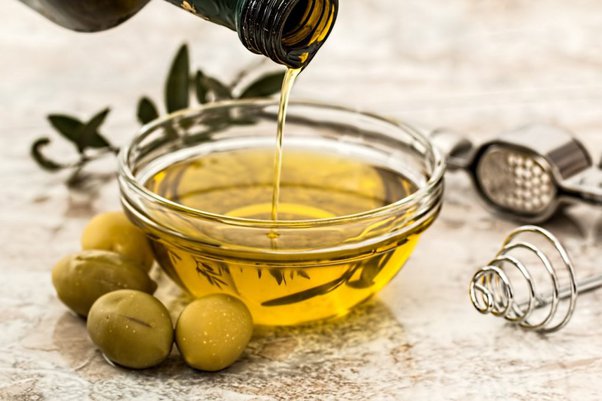The role of dietary fat, including oil, in weight gain and obesity has long been a topic of debate. While some believe that consuming oil leads to weight gain, others argue that it can be part of a healthy diet when consumed in moderation. Let’s debunk common myths surrounding oil consumption and explore its impact on weight and overall health.
Myth 1: Oil Causes Weight Gain
One of the most prevalent myths is that consuming oil directly contributes to weight gain. While it’s true that oil is calorie-dense, with nine calories per gram, weight gain occurs when overall calorie intake exceeds expenditure, regardless of the source. Including moderate amounts of healthy oils, such as olive oil or avocado oil, in a balanced diet can provide essential nutrients and support overall health without necessarily causing weight gain.
Myth 2: All Oils Are Created Equal
Not all oils are created equal when it comes to health benefits. While some oils, like olive oil and avocado oil, are rich in monounsaturated fats and antioxidants, which may offer protective effects against chronic diseases, others, such as hydrogenated oils or those high in saturated fats, may have adverse health effects when consumed in excess. Opting for healthier oil options and using them in moderation can support weight management and overall well-being.
Myth 3: Oil-Free Diets Are Healthier
While some diets advocate for eliminating oil altogether, particularly in the context of weight loss, this approach may not be necessary or sustainable for everyone. Healthy fats, including those found in oils, play a crucial role in nutrient absorption, hormone production, and cell function. Instead of avoiding oil entirely, focus on choosing high-quality, unrefined oils and incorporating them into a balanced diet alongside whole foods like fruits, vegetables, lean proteins, and whole grains.
Myth 4: Cooking With Oil Always Adds Extra Calories
While it’s true that oil adds calories to meals, the amount absorbed during cooking varies depending on factors such as cooking time, temperature, and the type of food being cooked. By using cooking methods such as sautéing, roasting, or grilling with minimal oil and incorporating other flavoring techniques like herbs, spices, and citrus juices, you can reduce overall oil intake while still enjoying delicious and nutritious meals.
Conclusion:
Dispelling myths about oil consumption is essential for promoting informed dietary choices and supporting overall health and well-being. While oil can contribute to weight gain when consumed excessively, it can also be part of a healthy diet when used in moderation and as part of a balanced eating pattern. By choosing high-quality oils, practicing portion control, and incorporating diverse sources of nutrients into meals, individuals can enjoy the benefits of oil without compromising their weight or health goals.
Source- Times of India



